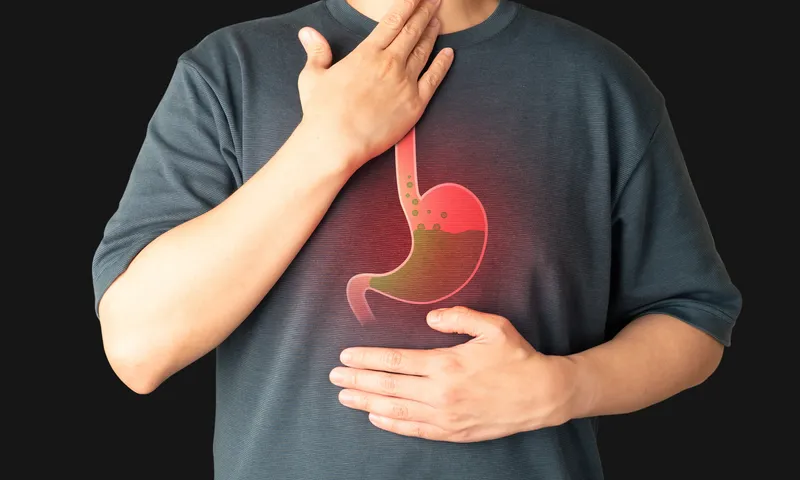Can GERD Affect Your Ears

GERD stands for Gastroesophageal Reflux Disease, a chronic digestive condition that is often associated with symptoms such as heartburn, acid regurgitation, chest discomfort, and difficulty swallowing. These symptoms appear because of what GERD is at its core: stomach acid that frequently flows back into the esophagus. But did you know that this condition can also cause symptoms that do not immediately seem related to digestive issues? This can include chronic coughing, a sore throat, or postnasal drip.
If you are reading this and are experiencing recurring issues, such as pain or pressure, in your ears, you may wonder: Can GERD affect your ears? By continuing to read this article, you will learn whether GERD causes ear pain and why. You will also learn how to treat ear discomfort caused by GERD.
Can GERD Affect Your Ears?
When asked the question, “Does GERD cause ear pain?” most people would not assume that ear discomfort and GERD are related. This is mainly because GERD is commonly associated with heartburn and is well-known as a digestive issue affecting the esophagus. However, in some cases, stomach acid can travel higher and even reach the throat and upper airways. This is primarily the case in LPR, Laryngopharyngeal Reflux, another form of acid reflux that often doesn’t involve the typical feeling of heartburn. Therefore, it’s often referred to as “silent reflux” and can involve chronic throat clearing, hoarseness, coughing, sore throat, postnasal drip and a lump-in-the-throat feeling. When stomach acid reaches the eustachian tubes connecting the throat to the middle ear, inflammation or pressure changes can occur. This may cause the following ear-related symptoms:
Ear congestion
Pressure
Pain
Tinnitus
Referred ear pain through the throat-irritation
Since the connection between ear discomfort and acid reflux isn’t well-known, the above symptoms are often confused with sinus issues, allergies, or ear infection.
How To Treat Ear Pain Caused by GERD
Now that you know why GERD can cause ear pain, let’s address some effective ways of treating this issue, so you can return to living your life symptom-free. Since ear pain from GERD is usually caused by acid irritation near the throat and Eustachian tubes instead of an ear infection, many traditional medications for ear pain are ineffective. Instead, managing the underlying acid reflux can help you resolve your symptoms. As with most conditions, lifestyle adjustments can have a significant impact. If you experience ear pain from GERD, avoiding acidic, spicy, or fatty foods, as well as reducing meal sizes, can be helpful. You should also stay away from acidic drinks and overeating. Proper hydration, along with drinking warm tea, can make a big difference by soothing throat irritation affecting the ears. Finally, eating 2-3 hours before you go to bed, sleeping with your head elevated to prevent nighttime reflux, and quitting smoking and reducing alcohol and caffeine can also be highly beneficial.
While these measures are often practical and help symptoms subside, they aren’t always enough. In this case, you may require medications, which can include proton pump inhibitors like Prilosec or Protonix, H2 blockers like Pepcid to reduce acid production for long-term treatment. Additionally, antacids can provide quick, short-term relief when experiencing acute discomfort. If these measures don’t work, scheduling an ENT appointment may be beneficial to rule out other causes. When GERD is the cause of your ear troubles, treatment often begins to work gradually and can take up to several weeks to fully resolve your symptoms.
IMPORTANT NOTE: The above information is intended to increase awareness of health information and does not suggest treatment or diagnosis. This information is not a substitute for individual medical attention and should not be construed to indicate that use of the drug is safe, appropriate, or effective for you. See your health care professional for medical advice and treatment.


